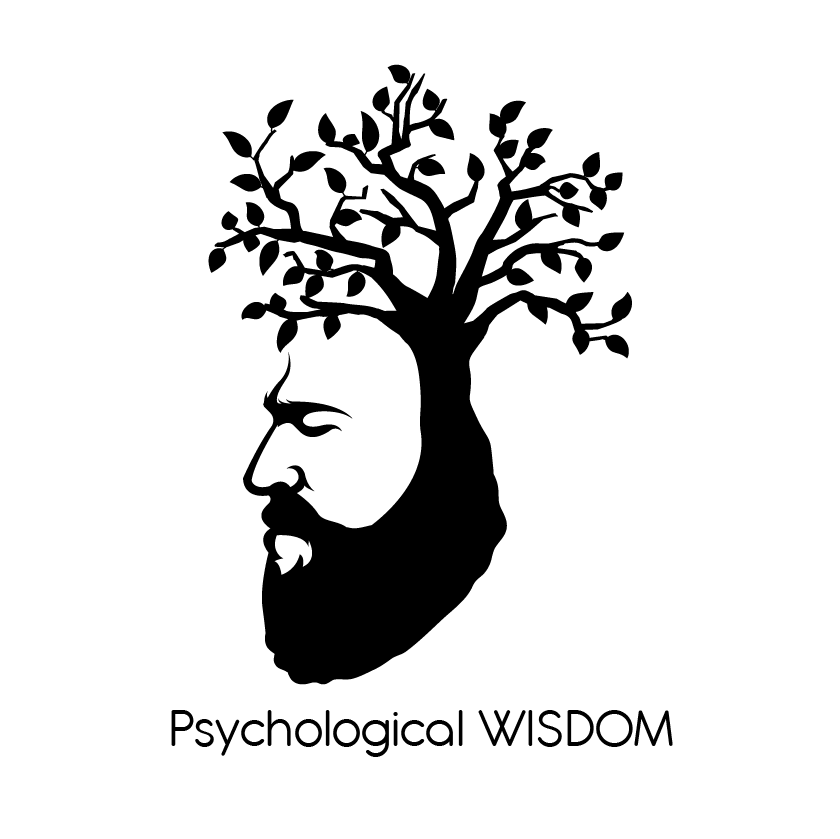
Find out more
BOOK A FREE 15 MIN CONSULTATION
Trauma Healing
What is Emotional Trauma?
The founder of EMDR, Dr. Francine Shapiro, defined two types of trauma —“big T” trauma and “little t” trauma. “Big T” trauma refers to what we commonly think of as trauma like war or natural disaster.
When a loved one hurts you through excessive criticism, put downs or abuse of any kind, you experience emotional and often simultaneously physical pain. Incidents such as getting teased as a child or getting rejected by your first love. These examples are considered little “t”, emotional traumas.
Prolonged or repeated experiences of put-downs, and criticisms wears your self-esteem down, and impacts your nervous system, inducing heightened alert feelings. Memories of these form adverse events, become repressed, and hold negative feelings, which get triggered and elicited at times and we avoid them or compensate with a belief we form about ourselves.
Traumatic life events can leave lasting emotional pain as psychic wounds that shape our personality. These influence your core self-beliefs. Self-beliefs are held in our long-term memory store (LTM), which we use during our daily life to inform our choices and behaviours. Simply put, our core beliefs create schemas, or templates, which are short cuts to help us behave in the moment as we think we should.
How to Release Trauma
For some people, they experience milder forms of disorder symptoms, such as consistent relationship breakdown, and loss, disturbed moods of lethargy, and mild depression, or agitation, and anxiety or panic attacks, and mental health conditions associated with social phobia, generalised anxiety disorder.
You may likely resonate with the feeling that you have unresolved emotional disturbance associated with your early life and upbringing, and these wounds show up in your life as relationship conflicts and breakdowns.
Commonly overlooked causes, such as surgery (especially in the first 3 years of life), the sudden death of someone close, the breakup of a significant relationship, or a humiliating or deeply disappointing experience, especially if someone was deliberately cruel.
Emotional trauma, and PTSD traumas can be released thereby allow your ‘healing brain’ to reprocess and develop new adaptive memories that change your life and relationships dramatically. Reprocessing therapies like EMDR are scientifically found to reduce trauma memory, “distress”. You don’t have to suffer from retriggered emotional distress. You can be free of painful memories and move on with your life in a positive direction with an EMDR therapist.

What is PTSD and complex-trauma?
Emotional and psychological trauma is the result of extraordinarily stressful events that shatter your sense of security, making you feel helpless in a dangerous world. Psychological trauma can leave you struggling with upsetting emotions, memories, and anxiety that won’t go away. It can also leave you feeling numb, disconnected, and unable to trust other people.
One-time events, such as an accident, injury, or a violent attack, especially if it was unexpected or happened in childhood.
Ongoing, relentless stress, such as living in a crime-ridden neighbourhood, battling a life-threatening illness or experiencing traumatic events that occur repeatedly, such as bullying, domestic violence, or childhood neglect.
For those who have post-traumatic stress disorder (PTSD) or having suffered or witnessed a life-threatening occurrence, may suffer profound and lasting effects. These can be sleeping disorders, mood disorders, cognitive problems, and difficulty maintaining relationships. Early life traumas or abuse can contribute to severe disorders such as personality disorders, reactive attachment disorder or delayed onset complex PTSD, later in life.
When is it time to seek professional therapy for trauma?
Recovering from trauma takes time, and everyone heals at their own pace. But if months have passed and your symptoms aren't letting up, you may need professional help from a trauma expert.
Seek help if you are experiencing:
Trouble in your daily life at home or work.
Suffering bouts of severe fear, anxiety, or depression.
Unable to make close friendships or satisfying Relationships
Using alcohol or drugs to feel better.
Avoiding thoughts, or feelings or places that reminds you of the trauma.
Feeling emotionally numb and disconnected from others.
Experiencing terrifying memories, nightmares, or called flashbacks.
Recovering from trauma takes time, and I offer a variety of proven methods customised to your unique circumstances so that you may heal at your own pace.
Somatic Experiencing Therapies
Focuses on bodily sensations, rather than thoughts and memories about the traumatic event. By focusing on what's happening in your body, you can release pent-up trauma-related energy through shaking, crying, and other forms of physical release.
Trauma Informed Cognitive-Behavioural Therapy (CBT-Ti)
CBT-Ti integrates Cognitive-Behavioural Therapy to address the impact of trauma on thoughts, emotions, and behaviours. It provides a safe environment to modify negative patterns, enhance emotional regulation, and foster healing and empowerment.
Treatment for Trauma
To recover from psychological and emotional trauma, it's essential to address suppressed feelings and memories, release stored "fight-or-flight" energy, develop emotional regulation skills, and restore trust in others. A skilled trauma therapist employs various therapeutic techniques to guide your healing journey.
EMDR
Incorporates elements of cognitive-behavioral therapy with eye movements or other forms of rhythmic, left-right stimulation that can “unfreeze” traumatic memories and engage the “healing brain” to direct reprocessing of the memory into a healthier form that is then stored in your LTM, cerebral cortex of the brain.

